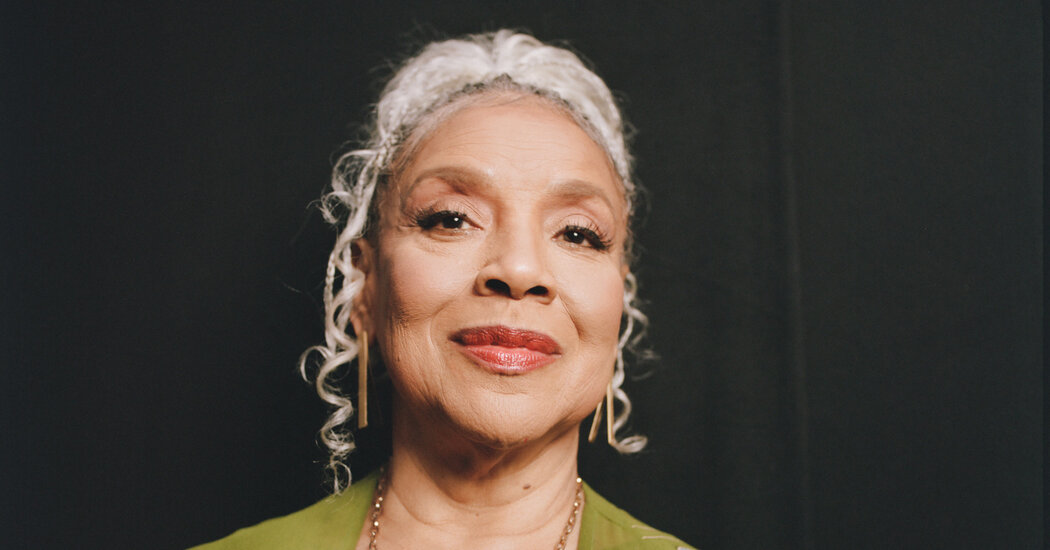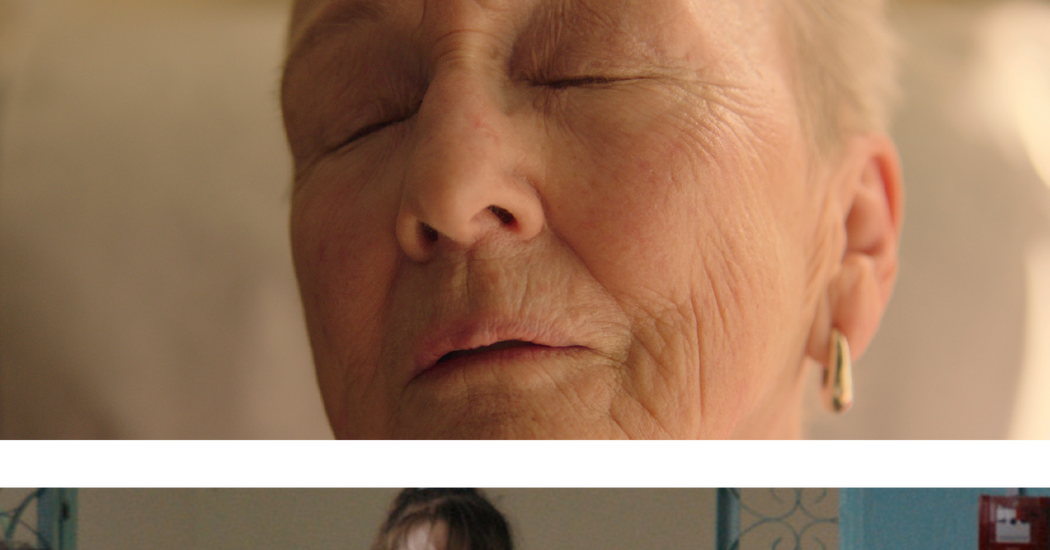Phylicia Rashad: A Legacy in the Spotlight
The first time Phylicia Rashad realized what she wanted to do with her life, she was making her way to the exit of a bustling auditorium. This was November 1959, in Houston, after a student music festival at the 9,000-seat Sam Houston Coliseum. Rashad, who was then Phylicia Allen, had been the festival’s mistress of ceremonies. Only 11 years old, she had won the role in a contest, beating out students from other Black elementary schools in her district, which remained defiantly segregated five years after the Brown v. Board of Education ruling. Rashad spent six weeks preparing for the concert — practicing introductions for the performers and memorizing a libretto for an orchestra. On the night of the show, she wore a brand-new yellow pinafore dress over a white shirt, white shoes, white socks with a ruffled trim and a flower tiara on top of freshly done curls.
Performing Debut and Early Inspirations
Throughout her illustrious career, Phylicia Rashad has not only embraced her roles on stage and screen but has also delved into the depths of theater direction, where she aims to guide actors toward authentic and meaningful performances. Her holistic approach prioritizes the integrity of the work and the unity of the ensemble, reflecting her belief that the power of a performance lies in the collaborative process. Rashad’s philosophy extends beyond the allure of individual recognition, underscoring the importance of collective endeavor where each contribution enhances the narrative’s resonance. As she leads her cast in “Purpose,” she remains committed to creating an environment conducive to artistic exploration, where actors can transcend the pursuit of personal accolades in favor of serving the greater theatrical vision. Through her directorial lens, Rashad once again emphasizes that true beauty in performance stems not from physical appearance but from the heartfelt conveyance of the story’s essence, a sentiment she first apprehended as a young girl under the Sam Houston Coliseum’s bright lights.
Returning to Broadway as a Director
Back in New York, Rashad attends to her directorial duties with a sense of community and collaboration, pushing the ensemble to collectively reach the core of the play. Her efforts are often illustrated by her quiet, thoughtful approach with the actors, as she whispers suggestions that respect their process while guiding them toward a deeper connection with their roles. Her method stems from a philosophy emphasizing selfless dedication to the craft, where the significance of a performance is amplified through an offering to the work itself, the cast, and ultimately, the audience. This ethos reflects Rashad’s lifelong journey from the eleven-year-old performer in Houston to a seasoned artist who understands that beauty transcends physical appearance and is told through authentic storytelling.
Navigating the Challenges of Directing on Broadway
Performances in N.Y.C. Five decades into her career, the Tony Award-winning actress and TV icon, making her Broadway directing debut, feels like “part of something bigger.”
The first time Phylicia Rashad realized what she wanted to do with her life, she was making her way to the exit of a bustling auditorium. This was November 1959, in Houston, after a student music festival at the 9,000-seat Sam Houston Coliseum. Rashad, who was then Phylicia Allen, had been the festival’s mistress of ceremonies. Only 11 years old, she had won the role in a contest, beating out students from other Black elementary schools in her district, which remained defiantly segregated five years after the Brown v. Board of Education ruling. Rashad spent six weeks preparing for the concert — practicing introductions for the performers and memorizing a libretto for an orchestra. On the night of the show, she wore a brand-new yellow pinafore dress over a white shirt, white shoes, white socks with a ruffled trim and a flower tiara on top of freshly done curls.
“When I walked out to the microphone to speak, I was suddenly in the spotlight for the first time,” she recalled in a recent interview. “The light was so bright, I couldn’t see anybody in the audience. So, every time I went up, I just talked to the light.”
As she was leaving the venue, Rashad overheard the mothers of some students talking among themselves. “There she is,” she recalled hearing one say, gesturing toward her. “There’s that little girl who spoke so beautifully. Isn’t she beautiful?” Rashad had never thought of herself as beautiful. Among her family, she was sometimes teased because her rich brown skin was darker than that of her older brother, Tex, and younger sister, Debbie.
Finding Beauty Through Selfless Devotion
As Phylicia Rashad continues her illustrious journey in the world of theater, she carries with her the lessons of humility, devotion, and beauty as expressed through the recognition not of her appearance but of her heartfelt performances. Her career, marked by groundbreaking achievements and thoughtful approaches to her roles both on stage and off, stands as a testament to her enduring commitment to serving the art form. Rashad’s journey from her childhood realization to her current role as a director reveals a lifetime of dedication to theater, showing that true fulfillment comes through genuine connection and selfless devotion to the craft.















Post Comment